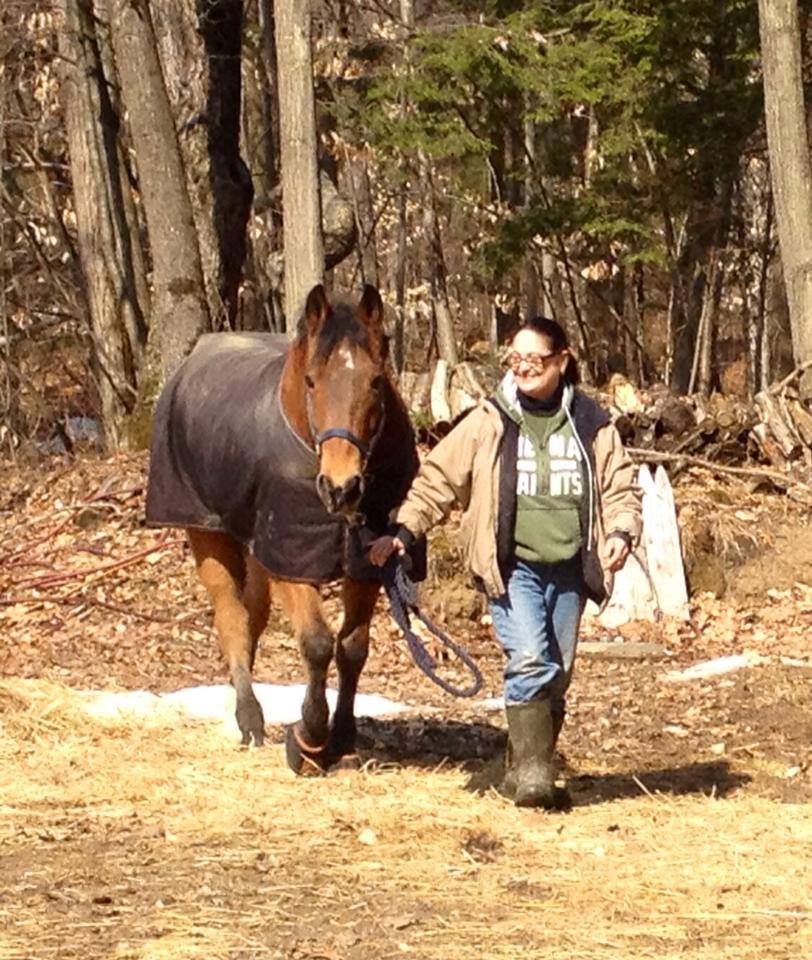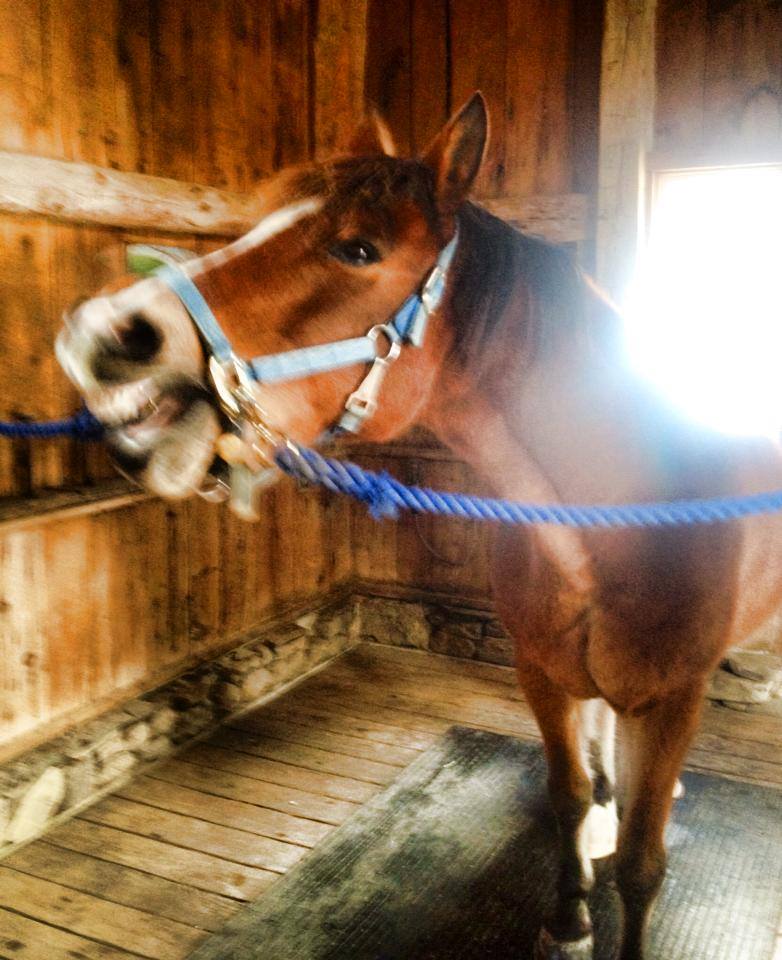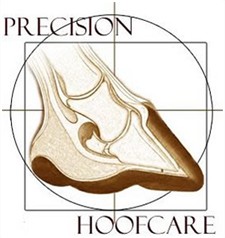Submitted by Ashley Gasky, Team Easyboot 2015 Member
What to do when you don’t know what you don’t know:
Recently I read the report on Saddle Fit in the USDF Connection magazine. In it she stated that hind limb lameness was commonly correlated with saddle slipping, but often went unnoticed.
The whole concept scared me. I could be riding a lame horse and not even know it!?

I was still reeling from the shock of Dr. Claytons article, judiciously studying the movement of my horses, and awaiting a call back from my saddle fitter when the American Farriers Association E-Zine hit my inbox.
In reading the publication I saw a mention of hoof boots, it was in an article about bar shoes. One of the case studies was a horse who appeared to have suffered due to improper use of boots. The horse remained booted for an extended period of time supposedly at the hands of an apathetic boarding facility.
The horse was subsequently rehabbed using bar shoes.
These two articles really got my wheels turning: How do we know what we don’t know?
I’ve certainly ridden horses with slipping saddles and used a variety of pads or strapping to hold things in place. And all the while “knowing” I would never intentionally work a lame horse.

I’ve also successfully rehabbed horses in hoof boots, and others in bar shoes. The art comes in knowing when to use what piece of equipment or bit of knowledge to be successful, or at the very least, humane.

What is a well intentioned horse lover to do when we just do not know what we don’t know?
Ask a trusted friend?
Google it?
Delve into 1,000’s of pages of equine literature?
Some combination of the above?
My answer is EDUCATION. Ask questions! Ask your vet, your farrier, your feed dealer, ask in a chat forum, read a book, attend a clinic.
If you are employing a professional who is either unwilling, or incapable of answering your questions look carefully at why you are loyal to their services.
Find good resources to get questions answered, and concerns dissuaded. Don’t be afraid to get first, second and seventh opinions if an answer doesn’t seem to “add up” in your scenario. You don’t have to accept the things you CAN change.
I offer the best advice I can to my clients with the knowledge I currently have. I’ve committed to continuing education through the American Association Of Professional Farriers, networking with top professionals in the industry, and keeping an open mind when presented with new information.
This is the same mind-set I have when making choices for my personal animals. I do the best I can with the knowledge and tools at my disposal. My promise is that I will not become complacent with my education, as every single day presents an opportunity for learning.

No matter the circumstance, I believe its important to make value based decisions with the information you have, and remember that what you know is subject to change.
But most of all, you must not blame yourself for not knowing what you didn’t know.





